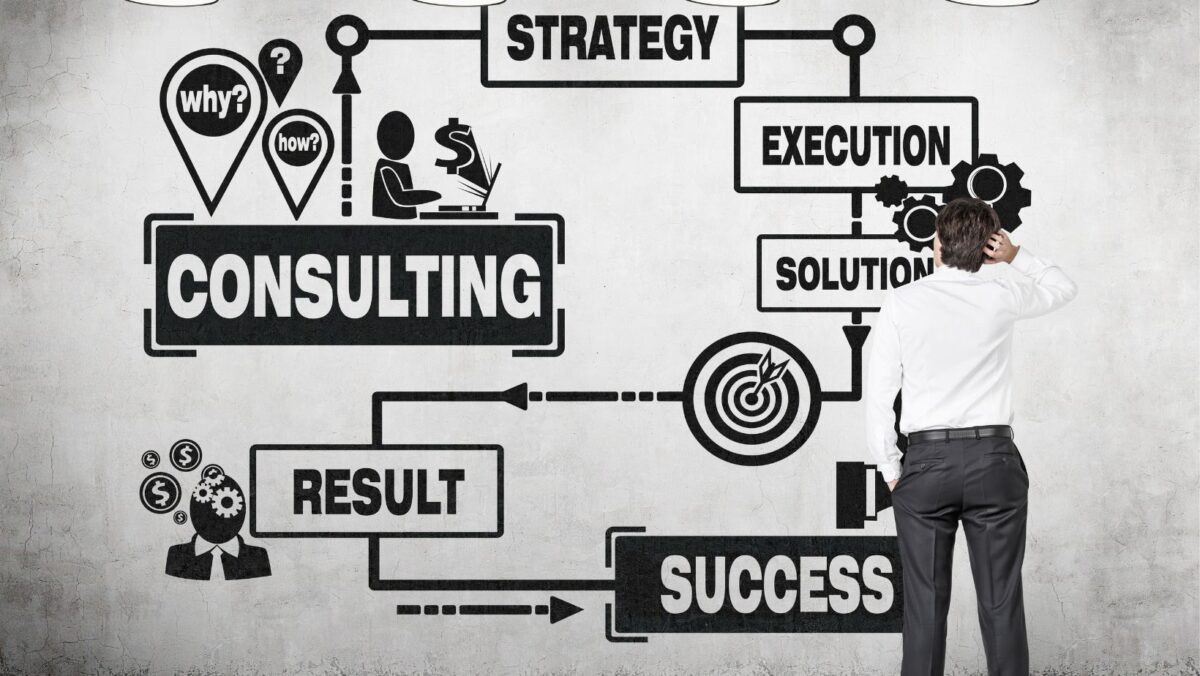What is Design Consulting
Design consulting is a specialized service that offers expert guidance and solutions to individuals or businesses seeking to improve their design processes, products, or services. As a design consultant, I leverage my knowledge and experience to help clients identify their goals, understand their target audience, and create effective design strategies. Through a collaborative approach, I work closely with clients to analyze their current designs, provide feedback and recommendations for improvement, and assist in implementing those changes.
The process of design consulting involves several key steps. First, I start by conducting thorough research and analysis to gain a deep understanding of the client’s industry, competitors, and target market. This helps me identify opportunities for innovation and differentiation. Next, I collaborate with the client to define clear objectives and establish a project scope that aligns with their goals.
Once the groundwork is laid, I dive into the creative phase where I brainstorm ideas, develop concepts, and create prototypes or mock-ups for evaluation. Throughout this process, it’s vital to maintain open communication with the client to ensure that their vision is being accurately translated into tangible designs. Finally, I provide comprehensive feedback on the proposed designs through regular reviews and iterations until we reach an optimal solution.
In summary, design consulting is all about leveraging expertise in design principles to guide clients towards achieving successful outcomes in their projects. By following a systematic approach that encompasses research, collaboration, ideation,and iteration,I am able to offer valuable insightsand practical solutions throughout the entire journey from concept development to implementation. Ultimately, this leads to greater efficiency, effectiveness and overall success in meeting the client’s design needs and objectives.
Understanding Design Consulting
Design consulting is a dynamic and multifaceted process that helps businesses and organizations solve complex problems, enhance user experiences, and drive innovation. It involves collaborating with a team of design experts who bring their knowledge, skills, and creativity to the table. Through a combination of research, analysis, and strategic thinking, design consultants offer valuable insights and recommendations to improve products, services, and overall brand perception.
One key aspect of design consulting is understanding the needs and goals of the client. This involves conducting thorough research to gain insights into the market landscape, target audience preferences, and industry trends. By delving deep into these areas, consultants can identify opportunities for improvement or innovation that align with the client’s objectives.
Once armed with this knowledge, design consultants embark on a collaborative journey with their clients. They work closely together to ideate innovative solutions that address challenges or capitalize on emerging trends. This may involve brainstorming sessions, workshops, or design sprints where ideas are generated rapidly and iteratively refined.
Another crucial element of design consulting is prototyping and testing. Consultants create prototypes or mock-ups of potential solutions to gather feedback from users before moving forward with implementation. This iterative approach allows for adjustments based on user insights while minimizing risks associated with launching new products or services.
Throughout the process of design consulting, effective communication plays an essential role in ensuring alignment between the consultant team and the client. Regular updates are provided to keep stakeholders informed about progress made and decisions taken. Collaborative decision-making fosters trust between all parties involved while ensuring that everyone remains focused on achieving the desired outcomes.

The Benefits of Design Consulting
Design consulting brings a multitude of benefits to businesses and individuals seeking innovative solutions for their design challenges. Here are some key advantages of engaging in design consulting:
- Fresh Perspective: Design consultants bring an objective and fresh perspective to the table. They approach projects with a keen eye for aesthetics, functionality, and user experience, helping clients see their problems from new angles. By challenging existing assumptions and providing alternative viewpoints, design consultants can uncover hidden opportunities and inspire creative solutions.
- Specialized Expertise: Design consultants possess specialized knowledge and expertise in various areas of design, whether it’s product design, graphic design, UX/UI design, or interior design. Their deep understanding of industry trends, best practices, and emerging technologies enables them to deliver cutting-edge designs that align with the client’s goals and target audience.
- Enhanced User Experience: In today’s competitive market landscape, delivering exceptional user experiences is essential for business success. Design consultants excel at creating intuitive interfaces, seamless interactions, and visually appealing designs that captivate users’ attention and drive engagement. By prioritizing user-centricity throughout the design process, they ensure that products or services resonate with customers on an emotional level.
- Time Efficiency: Collaborating with a design consultant can significantly streamline the development process by saving time on research, ideation, prototyping, testing iterations – all while maintaining high-quality standards. With their efficient workflow management skills and industry insights, they help clients navigate through complexities efficiently to meet tight deadlines without compromising on creativity or quality.
- Cost Savings: While hiring a design consultant may seem like an additional expense initially when compared to having an in-house team or handling it independently; it often proves to be cost-effective in the long run. Consultants offer flexible pricing models tailored to project requirements which eliminate overhead costs associated with full-time employees such as salaries, benefits packages etc., ultimately resulting in significant cost savings.

